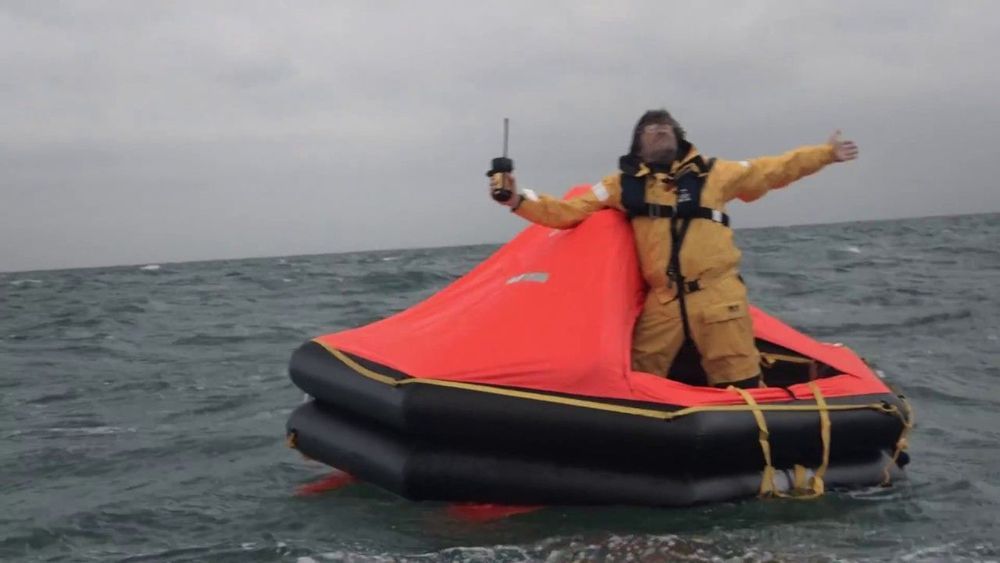Europe’s Galileo satellite navigation system can now not only receive, relay, and locate distress beacon signals, it can also respond to the SOS, sending back an acknowledgement to those awaiting rescue that their location and call for help has been received and search and rescue services are responding. The new function became operational during the 12th European Space Conference in Brussels, which ran from January 21 to 22, 2020.
Global Navigation Satellite Systems (GNSS) have come a long way since the US Military introduced the first, Transit, in the 1960s. The technology not only revolutionized navigation to the point where anyone with a smartphone can pinpoint their location with the touch of an icon, but it’s also having an increasing impact as more functions are added to that of basic navigation.
Today, there are four global satellite navigation systems and Galileo is a key part of the Cospas-Sarsat system founded in 1979 by Canada, France, Russia, and the US, with 24 out of the 26 Galileo satellites carrying an 8-kg (18-lb) search and rescue package next to the main antenna. According to ESA, the ability of the Galileo satellite constellation to receive and relay SOS signals saves up to 2,000 lives per year.
